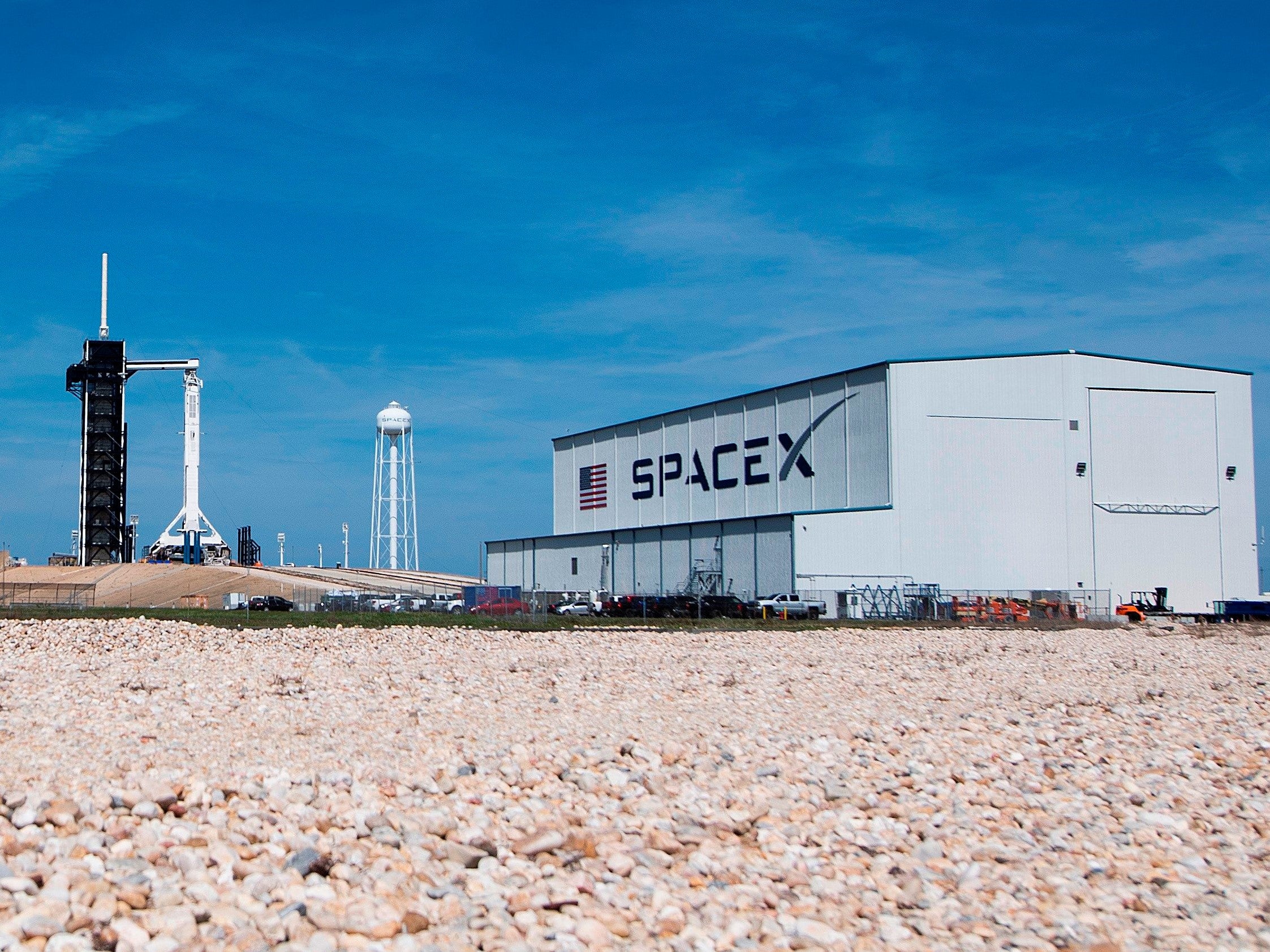SpaceX Starlink launch: Record-breaking mission scrubbed but new schedule offers hope
Elon Musk says reusable rockets could fly up to 100 times

SpaceX has been forced to scrub a potentially record-breaking launch of its latest batch of Starlink satellites.
Sunday’s mission from Cape Canaveral Air Force Station in Florida would have been the seventh launch of the same Falcon 9 rocket – a record for a reusable booster.
SpaceX boss Elon Musk has previously said that the Falcon 9 rocket could be used up to 10 times before needing any significant refurbishment. Ultimately they could fly up to 100 times if given periodic overhauls.
There may be another chance to attempt the record-breaking mission on Monday, though it will depend on favourable weather conditions at the launch site and across the Atlantic Ocean.
“Standing down from today’s launch of Starlink,” the firm said in a statement.
“Rocket and payload are healthy; teams will use additional time to complete data reviews and are now working toward backup opportunity on Monday, 23 November at 9.34pm, but keeping an eye on recovery weather.”
The failed launch attempt came just a day after a successful Falcon 9 launch that delivered a Sentinel-6 ocean-mapping satellite into orbit for Nasa and the European Space Agency.
If successful on Monday, SpaceX’s Starlink launch will mark the 100th flight of a Falcon 9 rocket.
The 16th Starlink mission is hoping to deliver a further 60 satellites into low-Earth orbit as part of SpaceX’s plan to build a massive constellation capable of beaming high-speed internet down to Earth.
There are already more than 800 Starlink satellites in operation, which are currently being used on a limited scale in northerly parts of the US and Canada.
Mr Musk said earlier this month that people in more southerly latitudes could expect to receive Starlink coverage in January, while those outside of North America will have to wait until SpaceX receives regulatory approval.
Starlink’s website states that it hopes to offer space-beamed broadband to 99 per cent of the inhabited world.
“With performance that far surpasses that of traditional satellite internet, and a global network unbounded by ground infrastructure limitations, Starlink will deliver high speed broadband internet to locations where access has been unreliable, expensive, or completely unavailable.”
The project has faced criticism from the astronomy community after trains of satellites disrupted observations.
An August report from the Satellite Constellations 1 (Satcon1) workshop warned that the network could prove “extremely impactful” to both radio and optical astronomy and could even limit scientific progress.
Join our commenting forum
Join thought-provoking conversations, follow other Independent readers and see their replies
Comments
Bookmark popover
Removed from bookmarks